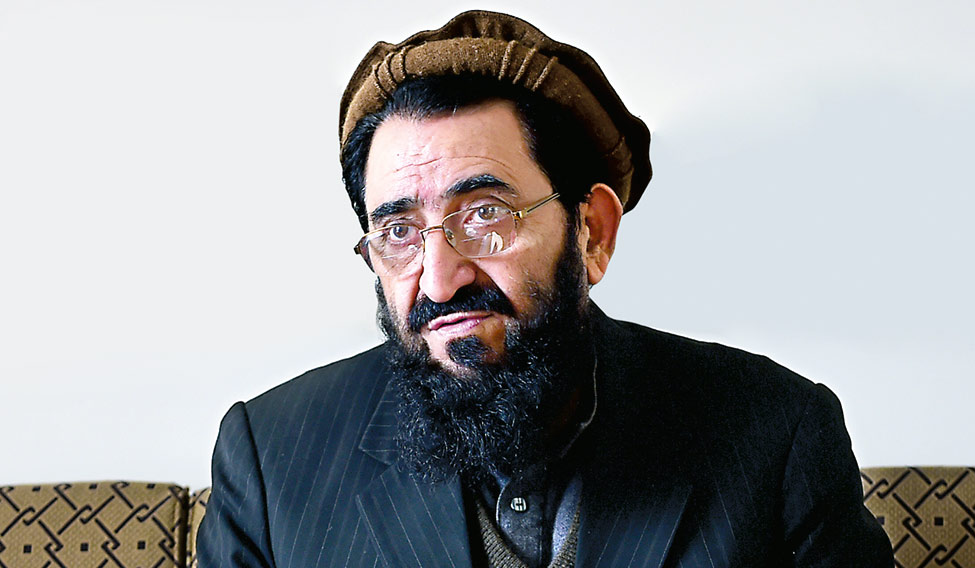Abdul Hakeem Mujahid has worked with various governments in Afghanistan. He was a diplomat in Islamabad under the Mujahideen reign, Afghanistan’s representative in the United Nations during the Taliban regime, and is now a member of the executive of the High Peace Council. Excerpts from an interview:
How do you look back at your career, which was a good time for the country?
The Taliban regime was good in many ways. The security then was something Afghanistan had never experienced before or after. Poppy cultivation was down to zero. There was territorial integrity and national unity.
We had accountability. I was part of a minister-led delegation that went to the US for one month when Taliban was in power. We were given $10,000 by the government for the trip, of which we spent just half and returned the rest. We had been taken care of by Afghan-Americans. Compare that with a minister under the [Hamid] Karzai regime who went on a weeklong tour of the US and ran up bills of $1,50,000.
Taliban was notorious for human rights violations.
Not entirely. There are two types of human rights. One, defined by the west and the other, defined by the teachings of Islam and the framework of Afghan culture. The ‘problem’ was only in urban areas, which had a western exposure; 80 per cent of Taliban was rural. In our rural stretches, people were happy.
So you don’t believe Afghanistan is better now?
In cities, people are happier, but not necessarily so in villages. But, the freedom of the media and political participation Karzai brought in are very good.
If Taliban was so good, what went wrong?
They were not able to make compromises with world powers. Taliban leaders were educated in medieval madrasas. They were young, with no political and educational experience, and not much economic support. They could not adapt, though they were beginning to learn gradually. But then they got routed.
As rulers, Taliban leaders were grounded. In government offices, the top men had lunch with ordinary employees—there was no classism.
Why did you leave Taliban?
We are bureaucrats; we serve the government. When the Taliban rule collapsed, our duty ended—150 of us joined Karzai, 18 got appointed to big posts.
The High Peace Council has not made much headway, has it?
The council’s role is to reconcile with Taliban. We had some success—11,000 Taliban warriors reconciled with the High Peace Council, gave up arms and are being reintegrated into society. With the leadership, though, we have not had much success.
Why?
There is a lack of trust on both sides. Also, [there is] the presence of the international community in Afghanistan, under the leadership of the US.
Suicide bombings, attacks on civilians—what will Taliban gain this way?
This has been the bad fortune of the people of Afghanistan for the past four decades. Under the communist-led government, two million civilians were killed. The United Nations says that, under the Mujahideen, over 60,000 were killed in Kabul alone.
Your government blames Pakistan for sponsoring terror.
It is unfortunate that there is a blame game. The lack of trust is huge. We hope Pakistan will support the peace process. We also hope that someday, there will be peace between India and Pakistan.
The US is now trying to twist Pakistan’s arm by stopping aid.
Strange, isn’t it? The US has been here with soldiers of 48 countries for 15 years, and suddenly they have realised that Pakistan is to blame.
Will Taliban come to power again?
I don’t think they will return to power on their own. They could, and must, be part of a coalition soon. That is very important for bringing peace.






